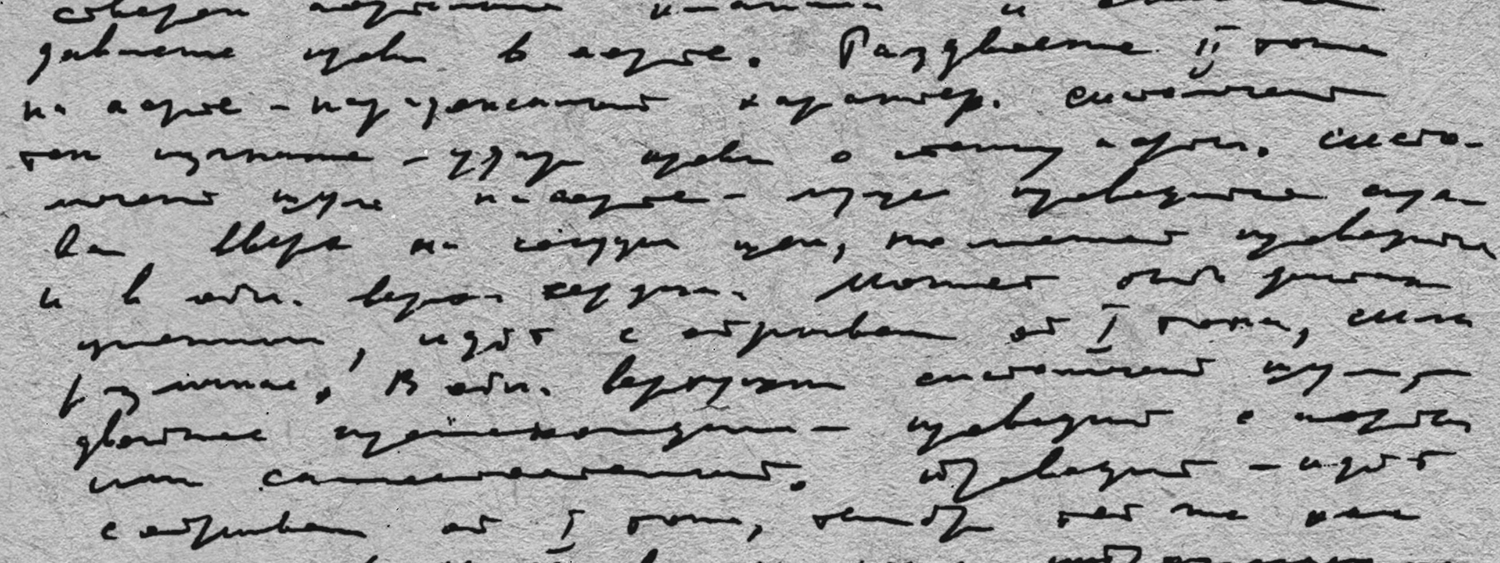0115 964 7740 - law@curtisparkinson.com


Aretha Franklin’s Handwritten Note is a Valid Will
6 September, 2023 5 minutes reading time
After four years of battling through the courts, the Michigan jury deliberating over two handwritten documents in mid-July decided that Aretha Franklin’s four-page note discovered under a sofa cushion should serve as her valid Will.
Intestacy
When Ms. Franklin died in 2018, aged 76, no Will was found, so her four children assumed the multi-million-dollar estate would be divided equally, as set out under Michigan intestacy law.
Two Conflicting, Handwritten Wills Later Discovered
However, within a year of her death, two handwritten documents made four years apart were found by her niece at her home in Detroit. One made in 2010 was in a locked cabinet, and the other in 2014 was under sofa cushions.
Verdict
The contents of each document differed, but both appeared to leave the income from music and copyrights equally to her four sons. However, both ‘Wills’ named different executors and left her main home to other sons. To add to the confusion, while a lawyer did not prepare the 2014 handwritten note, it contained Ms. Franklin’s signature (with a smiley face). However, the 2010 handwritten document was officially notarised and signed on every page.
So, after almost five years in court arguing, it came down to determining which of the two handwritten documents was valid. The jury ended the family quarrel this July and upheld the 2014 handwritten holographic Will.
Would Aretha Franklin’s Handwritten Will Be Valid Here?
Ms. Franklin’s 2014 handwritten note met specific requirements for a Will to be valid under Michigan law. However, the outcome might have been different in other US states. Over here, it’s more likely that neither handwritten document would have been valid under the law in England and Wales.
Michigan Law
Handwritten Wills are considered valid if they are:
- Written in the handwriting of the person making the Will
- Signed and dated
Law in England & Wales
To qualify, a valid Will must comply with the Wills Act 1837 by being:
- In writing
- Signed by the person (over the age of 18) making the Will
- Witnessed by two people in front of the person who is making the Will
Usually (it’s not a legal stipulation), the date of execution is included as well. Ms. Franklin’s note contained many strikethroughs and notes in the margin and was illegible in parts. Any amendments to a Will must be witnessed in the UK as above.
Legal Implications of Handwritten & DIY Wills in the UK
A homemade, handwritten Will can be legal in England and Wales if it meets the legal requirements set out above in the Wills Act 1837 (The Wills Act). In practice, handwritten or DIY Wills are much more likely to be challenged.
Testamentary Capacity & Intention
Undoubtedly, signing and witnessing a Will correctly is essential. The Wills Act and case law also underline how important it is for a Will to reflect an individual’s ‘true intention’.
The individual making the Will must understand what they are saying at the time, including the effect their actions will have (for example, if they are considering disinheriting someone). The technical term is having ‘testamentary capacity’. If there is evidence that an individual lacks testamentary capacity when making their Will, it is more likely to be challenged. Capacity is often overlooked when someone makes their own Will.
Confusion & Ambiguity
Notwithstanding the issues concerning Ms. Franklin’s Will being handwritten, two documents were found. Deciding which Will should be followed was problematic and provoked the family dispute. In the UK, when a solicitor prepares a Will, they must establish whether a previous Will exists and confirm that any prior Wills are revoked by including a specific clause in the new Will. No such clause was included in Ms Franklin’s case, compounding the confusion.
Furthermore, a Will can’t simply be a scrambled list of thoughts. The wording must be unambiguous. Detail is critical to avoid complications and ensure the terms of the Will aren’t misunderstood or challenged later.
Dying Without a Will
A word about intestacy in the UK: if someone leaves behind a Will that isn’t valid, they will die ‘intestate’. What relatives or beneficiaries inherit is affected by the intestacy rules and distributed according to a fixed order of priority. It is commonly misunderstood; however, the intestacy rules don’t apply to those who live together and aren’t married, which means cohabitees don’t automatically inherit their partner’s estate if they die intestate. This is a clear reminder of how vital it is to ensure you make a valid Will.
Our Advice
On the surface, writing your Will yourself may seem less stressful. Indeed, Aretha Franklin worked hard to keep her personal affairs private to reduce stress and the potential for family disagreement. However, homemade Wills are often unclear, contain mistakes, or aren’t correctly executed.
So, it may be cheaper to avoid using a professional, but a simple mistake can mean paying a much higher price. Involving a specialist lawyer from the outset will ensure your Will reflects your wishes and that your estate is distributed to those you care about.
For further information about Wills, trusts or estate planning matters, please get in touch with us. We’re here to help.
Please note that all views, comments or opinions expressed are for information only and do not constitute and should not be interpreted as being comprehensive or as giving legal advice. No one should seek to rely or act upon, or refrain from acting upon, the views, comments or opinions expressed herein without first obtaining specialist, professional or independent advice. While every effort has been made to ensure accuracy, Curtis Parkinson cannot be held liable for any errors, omissions or inaccuracies.





